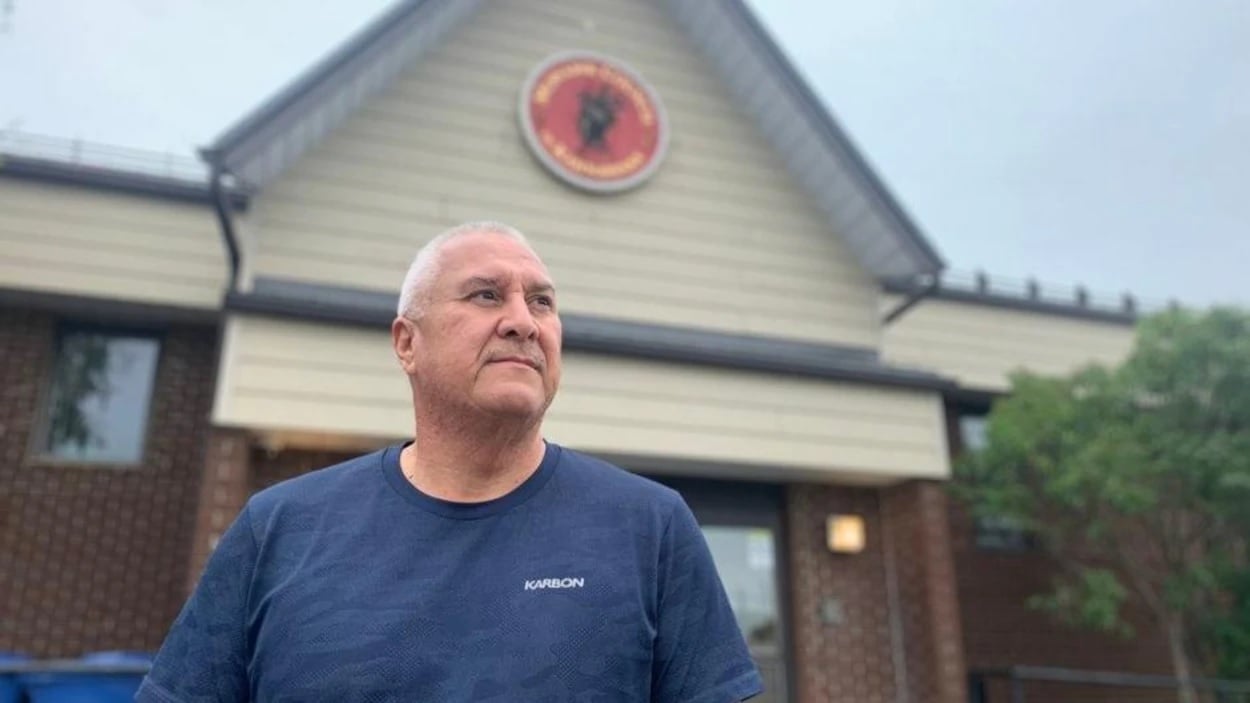Posted on: November 30, 2022, 08:57h.
Last updated on: November 30, 2022, 01:03h.
The Mohawk Council of Kahnawake (MCK) is suing the Ontario government in a bid to challenge the legality and constitutionality of its new online gaming market.

The Mohawks of Kahnawake were early adopters of online gaming, and have licensed it from sovereign Mohawk tribal territory, just south of Montreal, for 25 years via the Kahnawake Gaming Commission (KGC). They argue it’s their aboriginal right to do so, and the legality of their operations has never been challenged by Canada or any other jurisdiction.
Meanwhile, Ontario became the first Canadian province to license and regulate online gaming in April. That’s when it broke with the familiar province-run monopoly model and opened up the market to private operators.
Economic Damage
In doing so, it shut out Kahnawake-licensed sites, including Mohawk Online, a gaming operator wholly owned by the MCK. That’s unless they apply for licensing from the Alcohol and Gaming Commission of Ontario, which demands a 20% cut of their profits.
“The MCK has a longstanding interest in the facilitating, conducting, and regulation of gaming activities on behalf of the Mohawks of Kahnawake, which is grounded in a long history of gaming and wagering (prior to European contact),” said the MCK in a statement.
Since 1996, the Kahnawake Gaming Commission has been licensing both land-based and online gaming operators and providing players with access to safe, well-regulated and responsible gaming options. Ontario’s iGaming regime threatens to undermine this important contributor to our economy,” added the MCK.
Specifically, the MCK is taking issue with Ontario’s interpretation of the phrase “conduct and manage.” This is the language used in Canada’s Criminal Code that sets out who can oversee, carry out, or license gaming activities. In 1985, Canada’s federal government devolved powers to regulate gambling to individual provinces.
‘Tenuous Legal Foundation’
The MCK argues that the KGC correctly “conducts and manages” online gaming via its data center and hosting facilities on its sovereign land. It claims Ontario leaves the private operators to conduct and manage their own gaming.
“We feel that the legal basis for Ontario’s iGaming scheme needs to be challenged in the Courts and is being used to cause irreparable harm to Kahnawake’s own legitimate and well-established gaming industry,” said Ratsénhaienhs (elected Council Chief) Michael Delisle, Jr.
The plain facts are that Ontario has implemented an iGaming scheme, which is based on a very tenuous legal foundation, that is causing a significant loss of revenues for our community,” said Ratsénhaienhs (elected Council Chief) Michael Delisle, Jr.
“Until Ontario sought to impose its ill-designed reinterpretation of ‘conduct and manage’ on operators and service providers, Kahnawake was able to successfully operate across Canada in a regulated manner,” Delisle added. “The Ontario iGaming framework will have devastating effects on a source of income that has supplemented programs and services in our community for the last two decades.”
The case will be filed shortly in the Ontario Superior Court.
